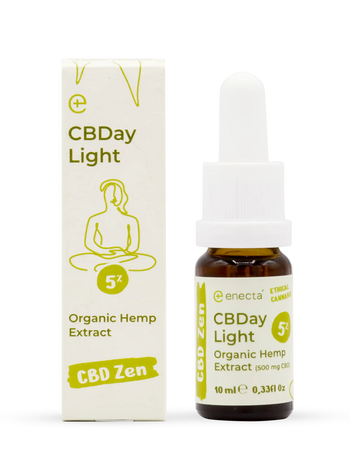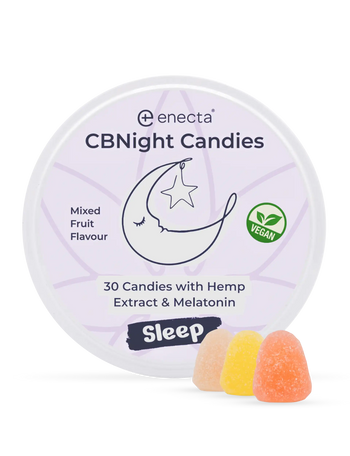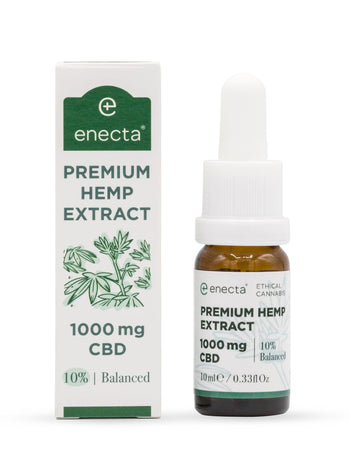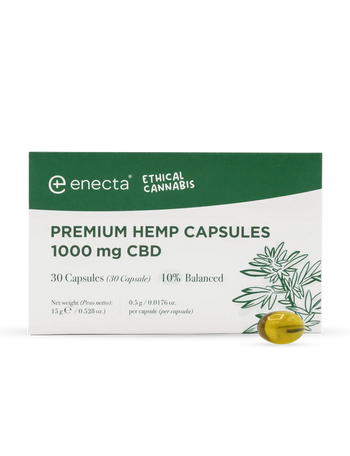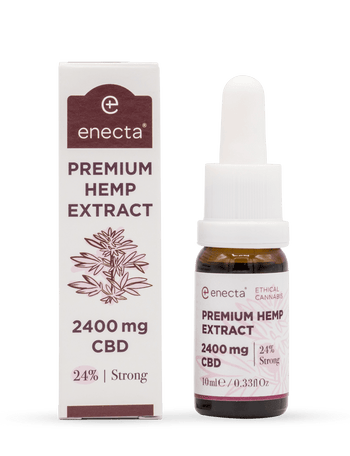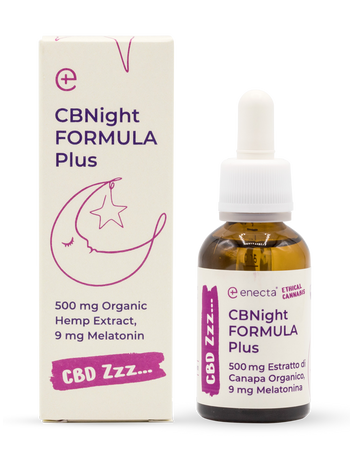The Table of Medicines, specifically section B of Presidential Decree No. 309/1990, includes cannabis-based medicinal products of plant origin, substances, and plant preparations, including extracts and tinctures.
According to Article 13 of Presidential Decree No. 309/90, the following should be included in Section B of the Table of Medicines:
- Medicines containing substances in current therapeutic use for which concrete risks of inducing physical or psychological dependence of lesser intensity and severity than those produced by medicines listed in section A have been identified;
- Medicines containing barbiturates with antiepileptic action and those containing short-acting barbiturates;
- Medicines containing benzodiazepines, pyrazolopyrimidine derivatives, and their analogues with anxiolytic or psychostimulant action that may pose a risk of abuse and generate drug dependence.
It's clear that CBD doesn't fit the definitions provided in the last two points. Therefore, one might assume that the reasons for including it in Section B of the Table of Medicines stem from the definition in the first point.
However...
The October 24, 2023 ruling had already highlighted gaps in the ministerial decree's rationale, specifically the lack of clarity on the concrete risks of CBD inducing physical or psychological dependence.
There are CBD-based medicines on the market, such as Epidiolex, used for drug-resistant epilepsy in children. CBD is therefore an active substance recognized for certain beneficial effects, but it has no psychoactive effects and does not create physical or psychological dependence.
Moreover, according to the 1971 United Nations Convention on Psychotropic Substances, CBD is not considered a narcotic. The WHO has specified that CBD is not a psychoactive substance, does not create physical or psychological dependence, and is not associated with potential abuse. The WHO has also explicitly recommended excluding CBD compositions with THC below 0.2% from the Narcotics Convention.
Generally, substances considered narcotics are those that pose risks of physical and psychological dependence. There are no scientific studies confirming such risks related to CBD, as indicated in the World Health Organization (WHO) report.
All these elements contributed to the decision to suspend the decree, with the cancellation of the inclusion of oral cannabidiol in Section B of the Table of Medicines of Presidential Decree No. 309 of 1990.
The Lazio Regional Administrative Court on Reclassification
On September 11, 2024, the Lazio Regional Administrative Court again suspended the decree issued by the Ministry of Health in the summer of 2024.
On January 16, 2024, an important hearing had already taken place before the Administrative Court regarding the case brought by Imprenditori Italia Canapa, which aimed to annul the Decree of October 28, 2020. This decree proposed, just like the current one, to include oral compositions of cannabidiol CBD in Table B of prescription medicines, generating many fears and uncertainties in the sector.
During the January 16, 2024 hearing, the State Attorney's Office asked the Judges to postpone the final decision, allowing the Ministry of Health to obtain a scientific opinion from the Higher Institute of Health. The goal is to incorporate this opinion into the investigative documents to influence the Administrative Court's final decision.
The Lazio Regional Administrative Court accepted the Ministry of Health's request, postponing the decision on the case to September 24, 2024.
But in the meantime... surprise: a new decree and a new suspension by the Administrative Court.
The new hearing is set for December 16, 2024, and in the meantime, CBD remains legal and the sector protected.
CBD Reclassification: Considerations
Considering that CBD is not considered a narcotic and has no known effects leading to physical or psychological dependence, several doubts arise about the potential validity of the measure.
The Ministerial Decree (M.D.) would introduce rules that would limit CBD circulation and impose on sector operators requirements similar to those for known psychotropic substances.
However, these requirements would be disproportionate if applied to a substance like CBD. A substance that, according to scientific evidence and the World Health Organization (WHO) opinion, is not psychotropic, does not create physical dependence, and is not associated with potential abuse.
These restrictions seem to aim more at controlling CBD trade and subjecting it to Ministry of Health control rather than actually protecting public health.
The decree's provisions, including authorization and production limits, would indeed restrict the freedom of economic initiative for businesses in the hemp sector.
If unfortunately confirmed, the decree would force companies in the sector to reorganize their activities or, in the worst case, cease operations to avoid legal proceedings and sanctions whenever there's a risk of violating the law.
This limitation would also impact sectors like ours, such as cosmetics and the production of semi-finished products derived from Cannabis Sativa L., which can be used in various industries after further processing.
While waiting for further updates, you can support us by:
- Continuing to stay informed and sharing accurate information
- Writing a review on Trustpilot
- Continuing to trust in our products




























